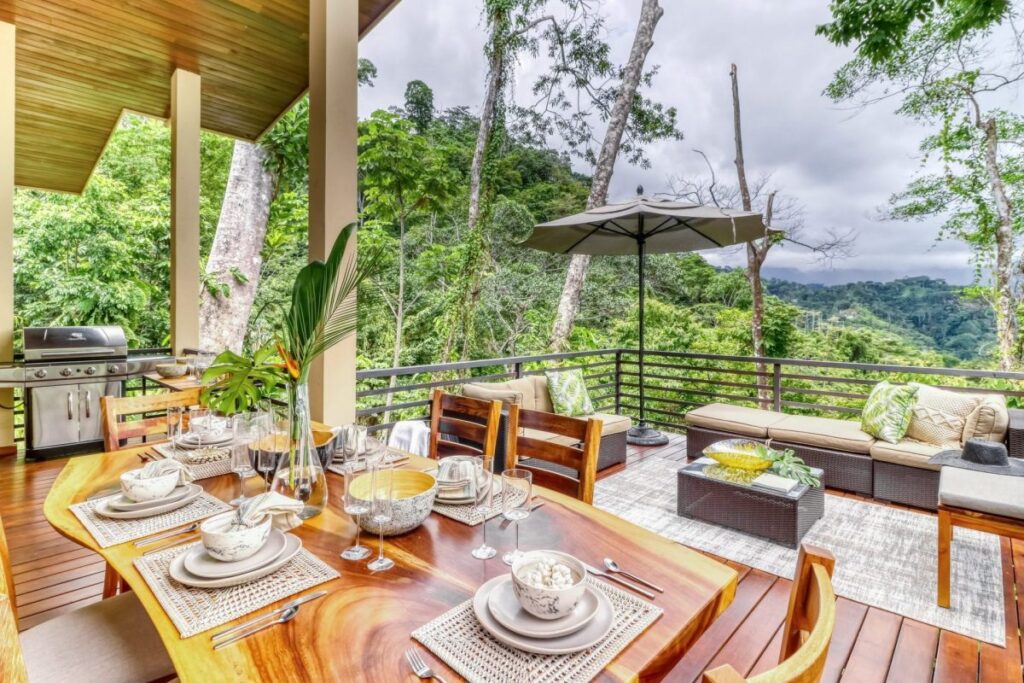
It seemed troubled property manager Vacasa had finally gotten a lifeline when its board endorsed an offer from a potential buyer. But the board’s decision to stick with that bidder when higher offers were submitted could spark pushback from shareholders – and potential legal action.
At issue are two rival bids: One is from real estate platform Roofstock in alliance with Casago, a smaller property manager, at $5.30 per share. The other is from hedge fund Davidson Kempner, which on Sunday hiked its bid to $5.83 per share.
In mid-March, Vacasa’s board endorsed the lower bid from Casago on the recommendation of a special committee formed to orchestrate a sales process.
In a financial filing accompanying its updated bid, Davidson Kempner alleged that powerful Vacasa shareholders have forced “a “sweetheart deal for themselves” to the detriment of other shareholders.
“Should the special committee continue to disregard its fiduciary responsibilities, we will have no choice but to explore all available options to protect shareholder interests,” Davidson Kempner stated.
Casago’s bid to acquire Vacasa is scheduled for a shareholder vote on April 29 – as of now, the Davidson Kempner offer will not be considered.
Three law firms announced over the past two weeks that they are investigating whether the Vacasa board of directors breached its fiduciary duties by accepting the lower Casago bid.
A Vacasa spokesperson dismissed Davidson Kempner’s allegations.
“Vacasa strongly disagrees with the assertions made by Davidson Kempner in its recent proposal letters,” the Vacasa spokesperson told Skift Monday. “The Special Committee takes its fiduciary duties to act in the best interests of public stockholders extremely seriously, and is carefully evaluating Davidson Kempner’s most recent proposal.”
Why Did the Board Choose the Lower Bid?
According to the Vacasa board of directors in a mid-March announcement, there was a key factor that led to its endorsement of Casago’s bid: certainty. The company’s special committee, formed last June to explore a sale, determined that Casago’s offer was more likely to close quickly, the board stated.
“The Special Committee’s belief [is] that time is of the essence and that any delay that could result from continuing to seek to negotiate a definitive agreement with Davidson Kempner with no certainty as to when an agreement could be reached, if at all, could negatively impact the Company and its stakeholders and jeopardize the Casago transaction,” Vacasa stated in mid-March.
The concern, according to a source familiar with the board’s thinking: What if the Davidson Kempner deal didn’t close quickly and Vacasa ran out of money in the meantime? Because Davidson Kempner holds $30 million in Vacasa debt, it could potentially take control of the company through a debt restructuring without having to pay the $5.83 per share.
To address those concerns, Davidson Kempner amended its bid on March 23. It increased a termination fee to $10 million, and agreed to provide interim funding of $20 million between the signing of an agreement and the closing in the event that the closing gets delayed by unanticipated circumstances. That amendment did not sway the Vacasa special committee or board.
But why would a deal with Davidson Kempner take longer to close than one with Casago?
The reason appears to be that Vacasa has a Tax Receivable Agreement (TRA) with pre-IPO shareholders, which would require the company to make an $80 million payment to shareholders when there is a change of control, according to Davidson Kempner and the Financial Times.
That includes private equity firms Silver Lake, Riverwood, and Level Equity, which collectively control 45% of Vacasa’s shareholder vote and four of nine board seats. Those three firms agreed to waive the TRA payout — but only for Casago’s bid, according to a press release from Vacasa on March 17.
Vacasa said these shareholders have not come to terms with Davidson Kempner on a similar TRA deal.
That effectively blocked the higher bid from winning board acceptance.
Origins of the Deal
The idea for a Casago-Vacasa merger was initially proposed last June by John Banczak, a former Vacasa executive who was a consultant for Casago at the time. He became Casago’s COO in December. Banczak’s role in proposing the deal has not been previously reported.
Banczak had worked with two members of Vacasa’s special committee, Karl Peterson and Barbara Messing, at Hotwire in the early 2000s. Peterson later invested in Turnkey Vacation Rentals, a startup co-founded by Banczak, which Vacasa acquired in 2021 for $619 million.
Peterson’s private equity firm, TPG, led the SPAC merger that took Vacasa public in December 2021. Messing was already a Vacasa board member before the IPO, Banczak was a Vacasa exec, and Peterson joined the board of newly public company Vacasa.
When the special committee was formed in June, the board said it believed the members were “independent from and have no material relationship (business, familial or otherwise) with potentially conflicted parties that would impair his or her ability to independently consider a strategic transaction.”
Vacasa says that its special committee is independent, with no material conflicts. “Our board members carefully discussed the composition of the special committee and appointed independent directors,” a spokesperson said in a statement. The company also pointed out that Peterson agreed to waive his interest in the Tax Receivable Agreement regardless of which deal went through.
Casago CEO Steve Schwab told Skift in a statement that although the initial idea for the Casago-Vacasa merger was Banczak’s, he was not involved in deal discussions.
“John brought Casago into the deal process initially because of his view that franchising offers the right path forward for Vacasa, but served only as an operational consultant to Casago, not a member of the deal team, and had no interactions with the special committee,” Schwab said.
The Vacasa special committee became aware in November 2024 that Casago had hired Banczak as a consultant, but that was toward the end of the sales process, and at the time Casago was the lone remaining active bidder, according to a source close to the deal.
A spokesperson for Davidson Kempner declined to comment on Banczak’s connection to the special committee.
Premium IPTV Experience with line4k
Experience the ultimate entertainment with our premium IPTV service. Watch your favorite channels, movies, and sports events in stunning 4K quality. Enjoy seamless streaming with zero buffering and access to over 10,000+ channels worldwide.

















